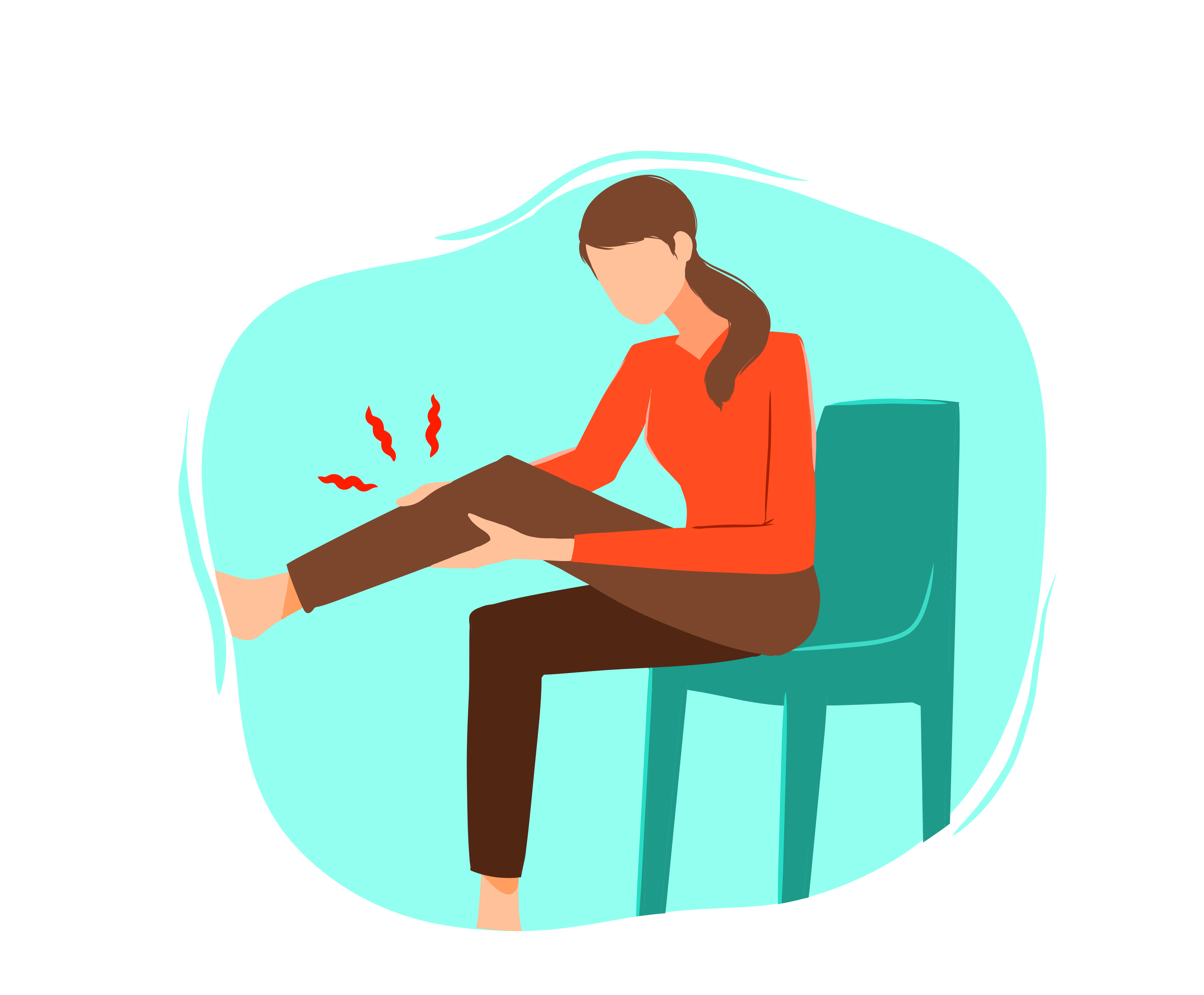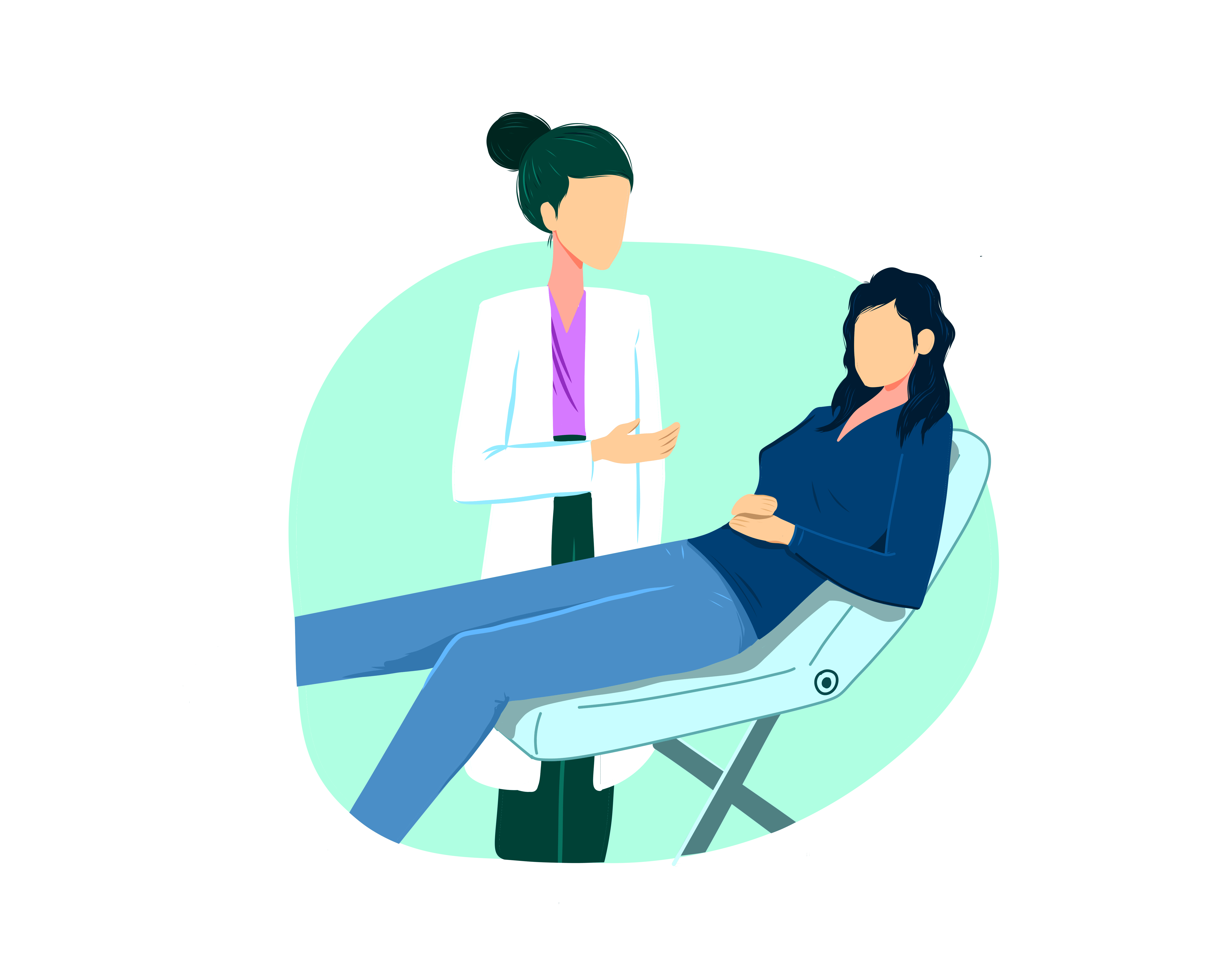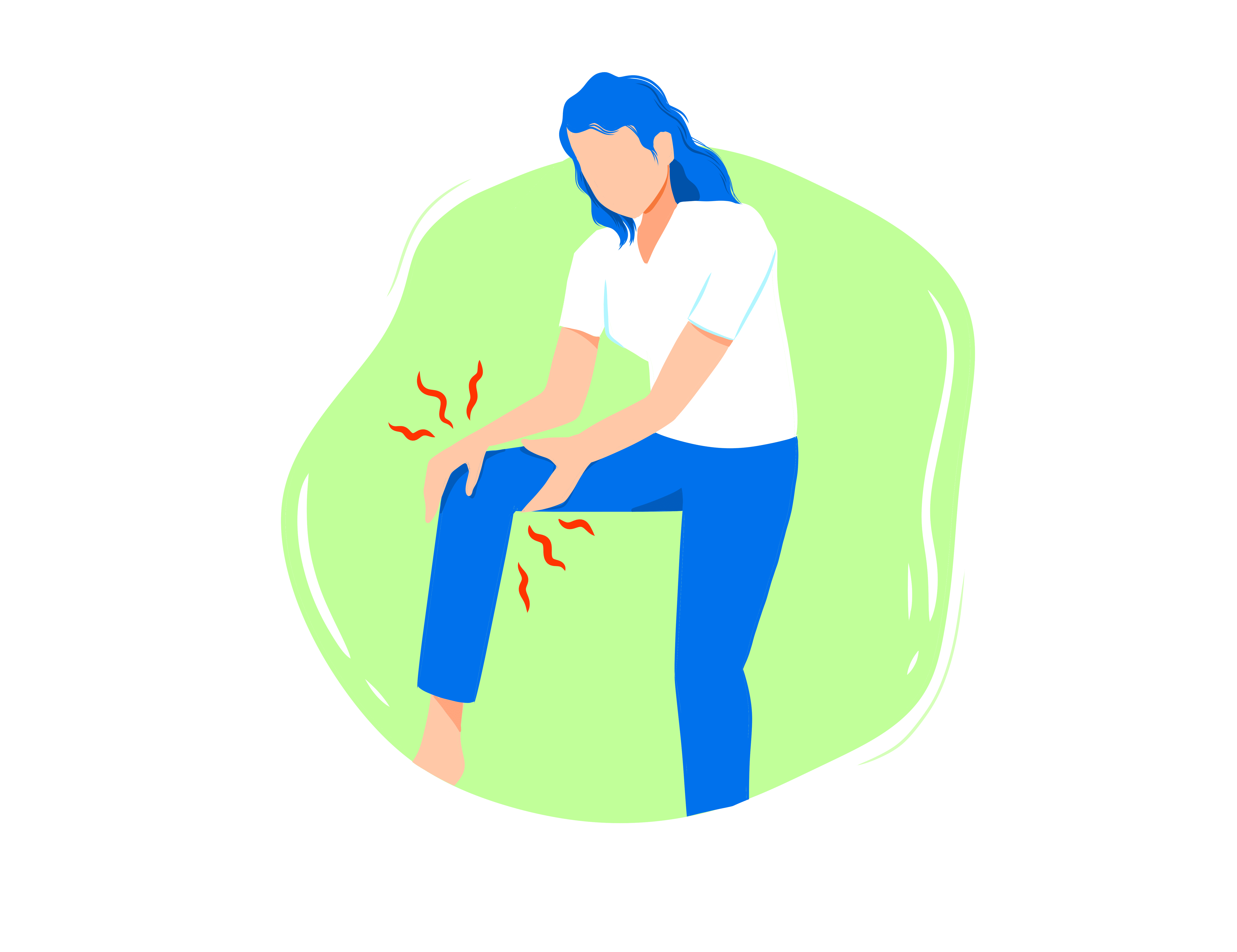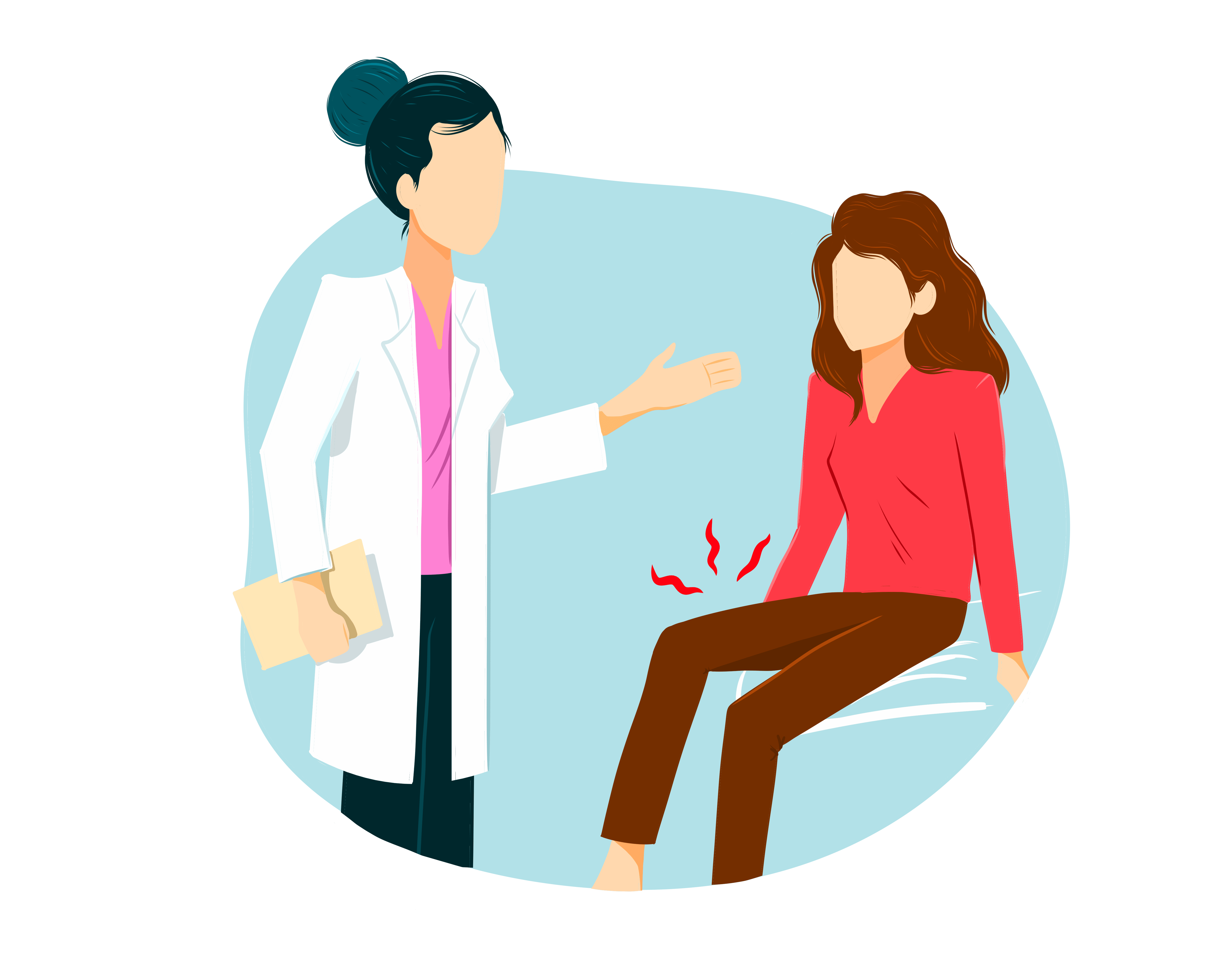Painful leg aches during menopause is caused by the decline in oestrogen which affects the joints, tissues, ligaments, and muscles of your body. Major characteristics of this symptom are leg swelling, cramps, and sharp pains on joints.
Diminishing levels of oestrogen could lead to a lot of adverse effects which negatively affects your health. When approaching middle-age, it would be best to have a regular health check and specialised treatment if needed.
However, there are practical methods to manage these menopause symptoms and ensure they don’t get serious.
How Achy Leg Pains Are Related to Menopause?
Leg muscle aches and pains in the legs are common symptoms experienced by women during menopause. These symptoms, known as musculoskeletal symptoms, are characterised by stiffness, pain, and limited range of motion. You may feel these discomforts not only in your legs but also in areas such as your shoulders, elbows, knees, and other joints and muscles throughout your body.
During the early stages of menopause, middle-aged women often experience a significant occurrence of leg pain, which can be attributed to the decline in oestrogen levels. This hormonal change affects the overall health of muscles and bones, leading to discomfort in the legs.
A group of researchers from the Collaborative Group for Research of the Climacteric in Latin America found that these joint and muscle aches are also associated with other menopausal symptoms, especially vasomotor symptoms (such as hot flushes and night sweats).
According to a study conducted by Manipal College of Medical Sciences involving 729 women, it was found that 69.7% of these women experience hot flushes and night sweats, while 68.6% of them report joint and muscular discomfort.
Therefore, it’s likely a strong correlation exists between experiencing hot flashes, and the likelihood of also experiencing leg aches and pains
However, it is important to note that various factors, such as hormone replacement therapy (HRT), lifestyle choices, and exercise, can play a role in preventing age-related decline in the body.
In the upcoming sections, we will delve deeper into the causes and potential treatment options for muscle and joint aches, providing a comprehensive understanding of this topic.





